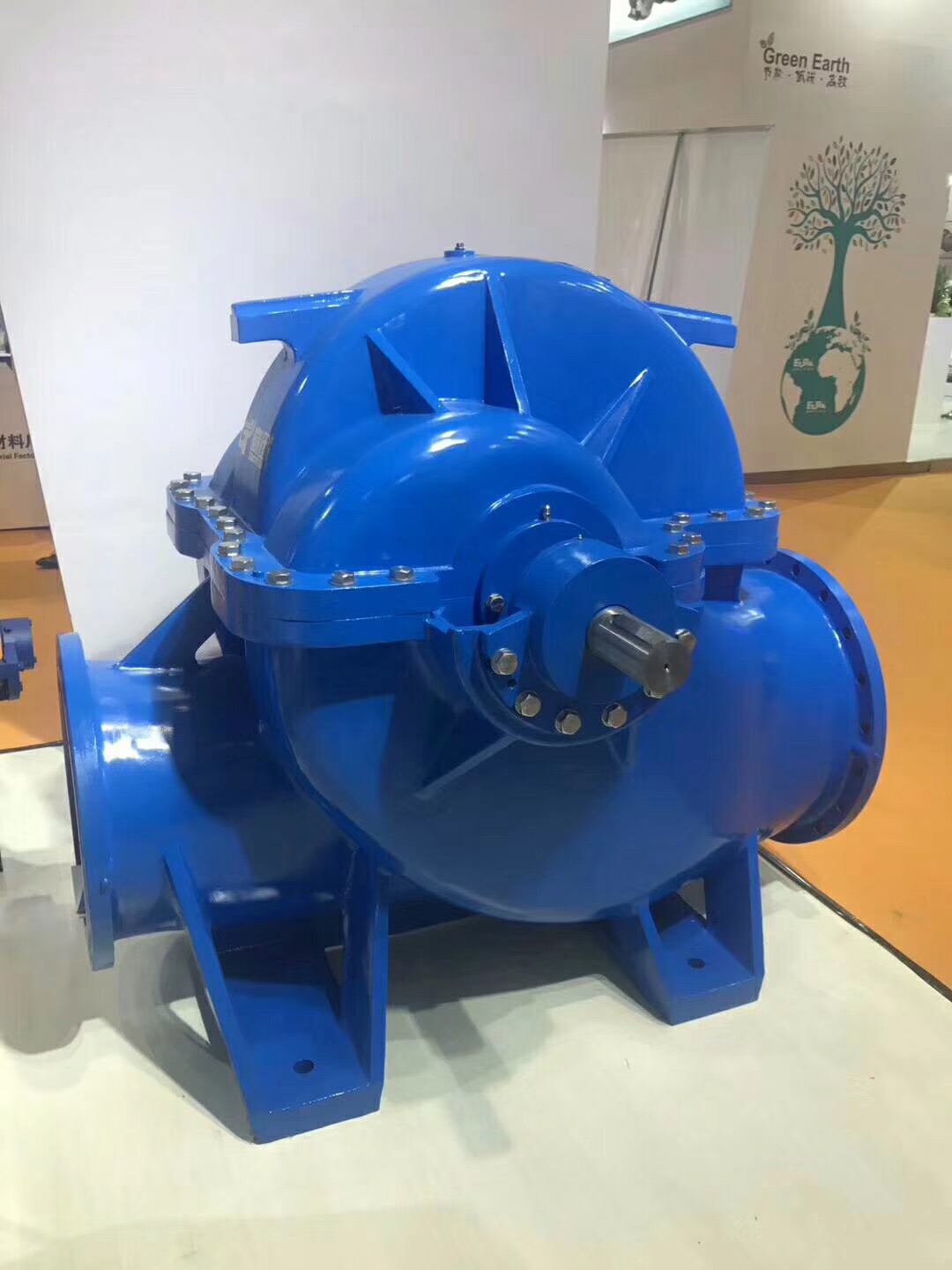Nepali
- Afrikaans
- Albanian
- Amharic
- Arabic
- Armenian
- Azerbaijani
- Basque
- Belarusian
- Bengali
- Bosnian
- Bulgarian
- Catalan
- Cebuano
- Corsican
- Croatian
- Czech
- Danish
- Dutch
- English
- Esperanto
- Estonian
- Finnish
- French
- Frisian
- Galician
- Georgian
- German
- Greek
- Gujarati
- Haitian Creole
- hausa
- hawaiian
- Hebrew
- Hindi
- Miao
- Hungarian
- Icelandic
- igbo
- Indonesian
- irish
- Italian
- Japanese
- Javanese
- Kannada
- kazakh
- Khmer
- Rwandese
- Korean
- Kurdish
- Kyrgyz
- Lao
- Latin
- Latvian
- Lithuanian
- Luxembourgish
- Macedonian
- Malgashi
- Malay
- Malayalam
- Maltese
- Maori
- Marathi
- Mongolian
- Myanmar
- Nepali
- Norwegian
- Norwegian
- Occitan
- Pashto
- Persian
- Polish
- Portuguese
- Punjabi
- Romanian
- Russian
- Samoan
- Scottish Gaelic
- Serbian
- Sesotho
- Shona
- Sindhi
- Sinhala
- Slovak
- Slovenian
- Somali
- Spanish
- Sundanese
- Swahili
- Swedish
- Tagalog
- Tajik
- Tamil
- Tatar
- Telugu
- Thai
- Turkish
- Turkmen
- Ukrainian
- Urdu
- Uighur
- Uzbek
- Vietnamese
- Welsh
- Bantu
- Yiddish
- Yoruba
- Zulu
Telephone: +86 13120555503
Email: frank@cypump.com
अक्ट . 21, 2024 09:19 Back to list
Top Manufacturers of Slurry Pumps for Industrial Applications and Efficiency
Understanding the Role of Slurry Pumps in Industrial Applications
Slurry pumps are an essential component in various industrial applications, particularly in sectors such as mining, construction, and wastewater management. These pumps are designed specifically to handle fluids containing solid particles, which can pose challenges to standard pumps. By understanding the significance of slurry pumps, their operational mechanics, and the factors influencing their selection, industries can make informed decisions that enhance operational efficiency and reduce downtime.
The Function of Slurry Pumps
At their core, slurry pumps are designed to transport a mixture of liquids and solids. This mixture, referred to as slurry, can vary in viscosity and density depending on the type of material being transported. Common applications include moving tailings in mining operations, transferring sludge in wastewater treatment plants, and facilitating the transportation of cement and aggregates in construction. The design of slurry pumps allows them to maintain efficiency while dealing with the abrasive nature of solid particles, which can cause wear and tear on conventional pumps.
Types of Slurry Pumps
There are primarily two types of slurry pumps centrifugal pumps and positive displacement pumps.
1. Centrifugal Slurry Pumps These pumps utilize rotational energy to move slurry through a system. They are most effective for low-viscosity slurries and are widely used because of their simple design and ease of maintenance. The impeller's design is crucial as it needs to withstand the abrasive qualities of the material being pumped.
2. Positive Displacement Pumps These pumps move slurry by trapping a fixed amount of slurry and forcing it into the discharge pipe. They are better suited for high-viscosity and thick slurries. Positive displacement pumps can maintain a constant flow rate regardless of pressure changes in the system, making them advantageous in specific applications.
Key Considerations in Selecting Slurry Pumps
slurry pumps manufacturer

When selecting a slurry pump, various factors must be taken into account to ensure optimal performance and longevity
- Slurry Characteristics Knowing the composition, particle size, and concentration of the slurry is vital. Certain materials can be more abrasive or corrosive, influencing the selection of materials used for the pump's construction, such as hardened steel or rubber linings.
- Flow Rate and Pressure Requirements Understanding the required flow rate and the discharge pressure is essential. Miscalculating these can lead to inefficiencies or failure of the pumping system.
- Pump Design and Configuration The pump's design should align with the specific operational environment. Vertical and horizontal designs can be chosen depending on space availability and the configuration of the pipeline system.
- Maintenance and Support Given the harsh conditions slurry pumps often operate under, maintenance is crucial. Selecting a manufacturer that offers robust customer support and maintenance solutions can enhance the reliability and performance of the pump.
The Importance of Quality Manufacturers
Choosing a reputable slurry pump manufacturer is vital for ensuring reliability and performance. Quality manufacturers invest in research and development to innovate solutions that meet the ever-evolving industrial demands. They provide pumps that not only meet industry standards but are also equipped with enhanced features for durability and efficiency.
Conclusion
In conclusion, slurry pumps play a pivotal role in the efficient and effective handling of mixtures of liquids and solids across various industries. By understanding their functionality, the available types, and the critical factors influencing their selection, businesses can optimize their operational processes. Emphasizing quality in both the pump selection and the manufacturer can significantly impact the longevity and efficiency of pumping systems, ultimately contributing to the success of industrial operations. Investing in high-quality slurry pumps is not just a matter of performance; it is crucial for maintaining productivity and ensuring the smooth operation of industrial processes.
-
Reliable Non-Clog Sewage Pumps with GPT-4-Turbo Tech
NewsAug.04,2025
-
High-Performance Air Pumps for Sand & Gravel | Efficient Transport
NewsAug.03,2025
-
ISG Series Vertical Pipeline Pump - Chi Yuan Pumps Co., LTD.|Energy Efficiency, Corrosion Resistance
NewsAug.03,2025
-
ISG Series Pipeline Pump - Chi Yuan Pumps | Energy Efficiency&Compact Design
NewsAug.03,2025
-
ISG Series Vertical Pipeline Pump - Chi Yuan Pumps Co., LTD.|High Efficiency, Low Noise, Durable
NewsAug.02,2025
-
ISG Series Vertical Pipeline Pump - Chi Yuan Pumps | High Efficiency, Low Noise
NewsAug.02,2025










